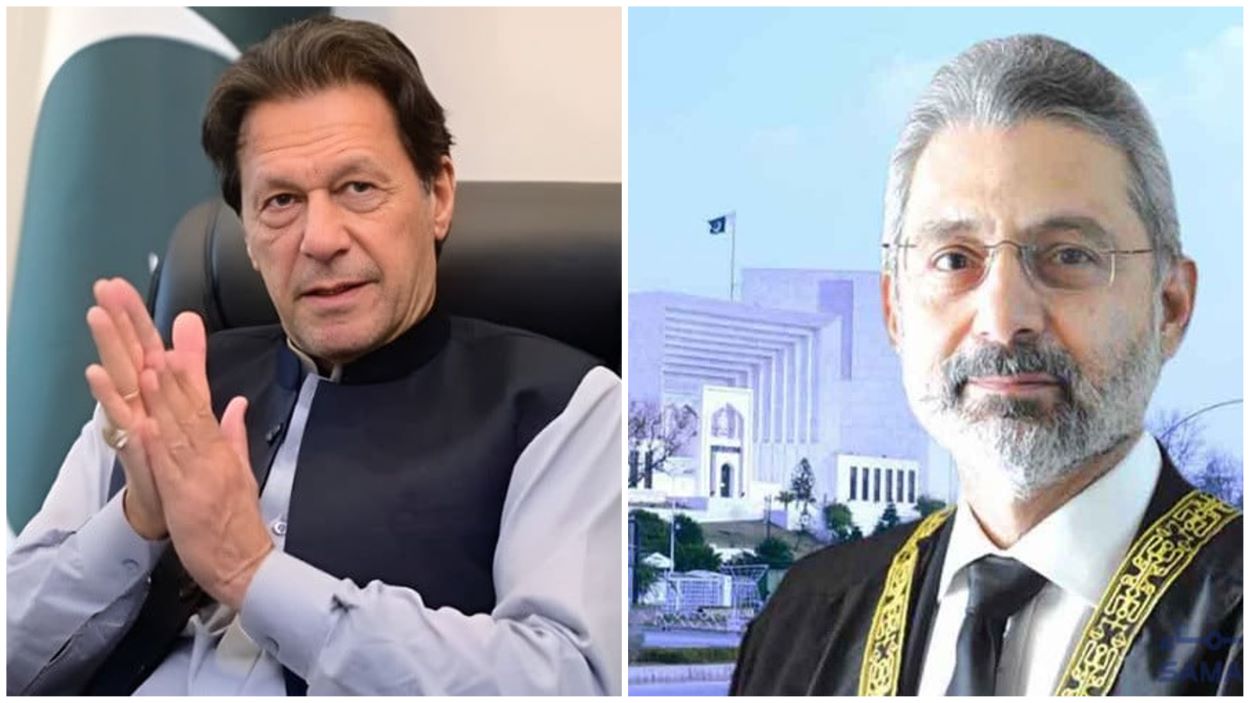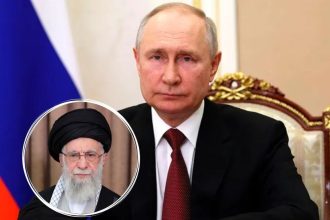Imran Khan’s attorney, Ali Zafar, withdrew from a Supreme Court hearing on Thursday concerning a review plea against the court’s decision on Article 63(A), which addresses lawmaker defection.
The case is under review by a larger SC bench led by Chief Justice Qazi Faez Isa and includes Justices Amin-ud-Din Khan, Jamal Khan Mandokhail, Mazhar Alam Khan Miankhel, and Naeem Akhtar Afghan. The latter replaced Justice Munib Akhtar.
The case’s origin lies in a May 2022 ruling stating that votes cast by lawmakers defying their party’s directive would not count. This judgment was narrowly passed with a 3-2 split among the justices.
The Supreme Court Bar Association (SCBA), challenging the decision, argues that the ruling contradicts the Constitution and improperly interferes with it. During the proceedings, Zafar relayed that although he had met with PTI’s founder, the discussion lacked confidentiality due to police presence.
Zafar conveyed Khan’s request to make a virtual court appearance to present specific arguments. He reiterated PTI’s stance against the bench’s composition, suggesting it was improperly formed, and declared the party’s disengagement from the proceedings, citing potential conflicts of interest.
Article 63(A) Explained:
Article 63(A) of the Pakistani Constitution governs parliamentarian defections. It states that a lawmaker may be disqualified for voting against or abstaining from party directions during critical decisions such as prime ministerial elections, confidence votes, or key legislative bills.
Under this article, the party leader must first issue a written declaration of defection after allowing the lawmakers to explain their actions. This declaration is then submitted to the speaker and forwarded to the Chief Election Commissioner (CEC), who has 30 days to confirm it. Once confirmed, the lawmaker’s seat becomes vacant.






